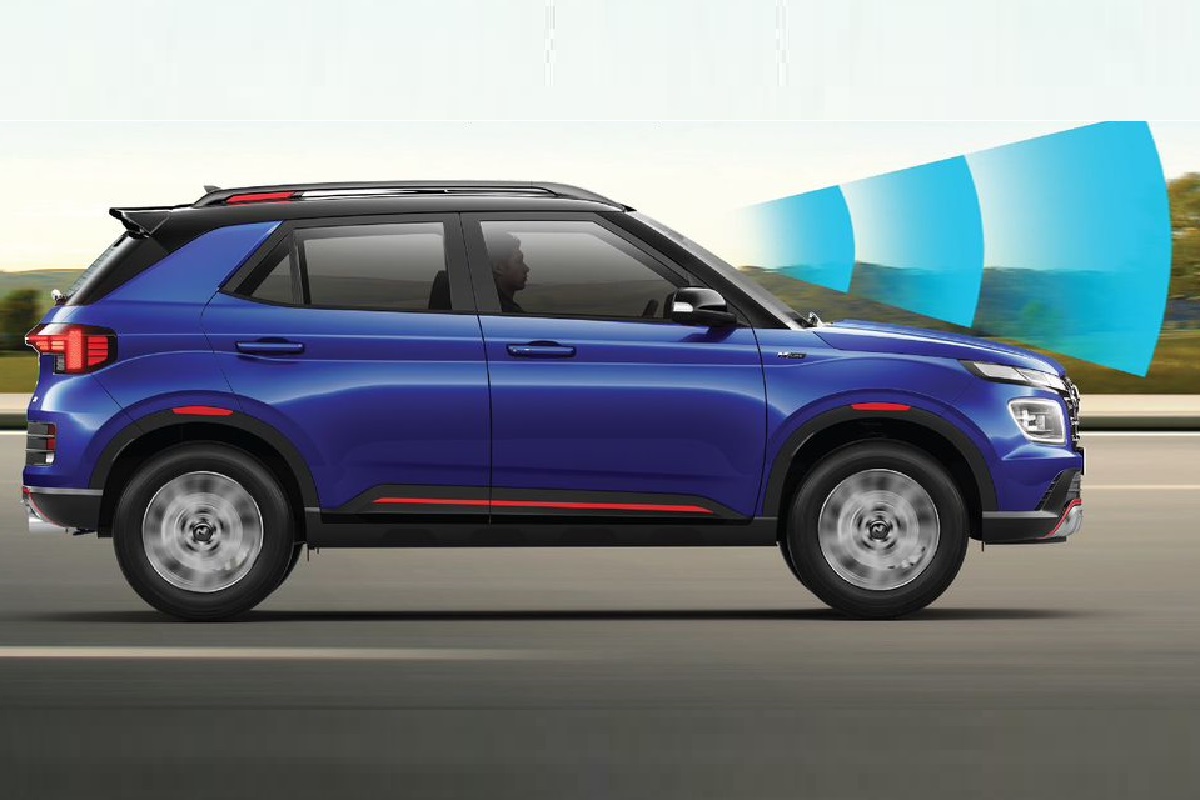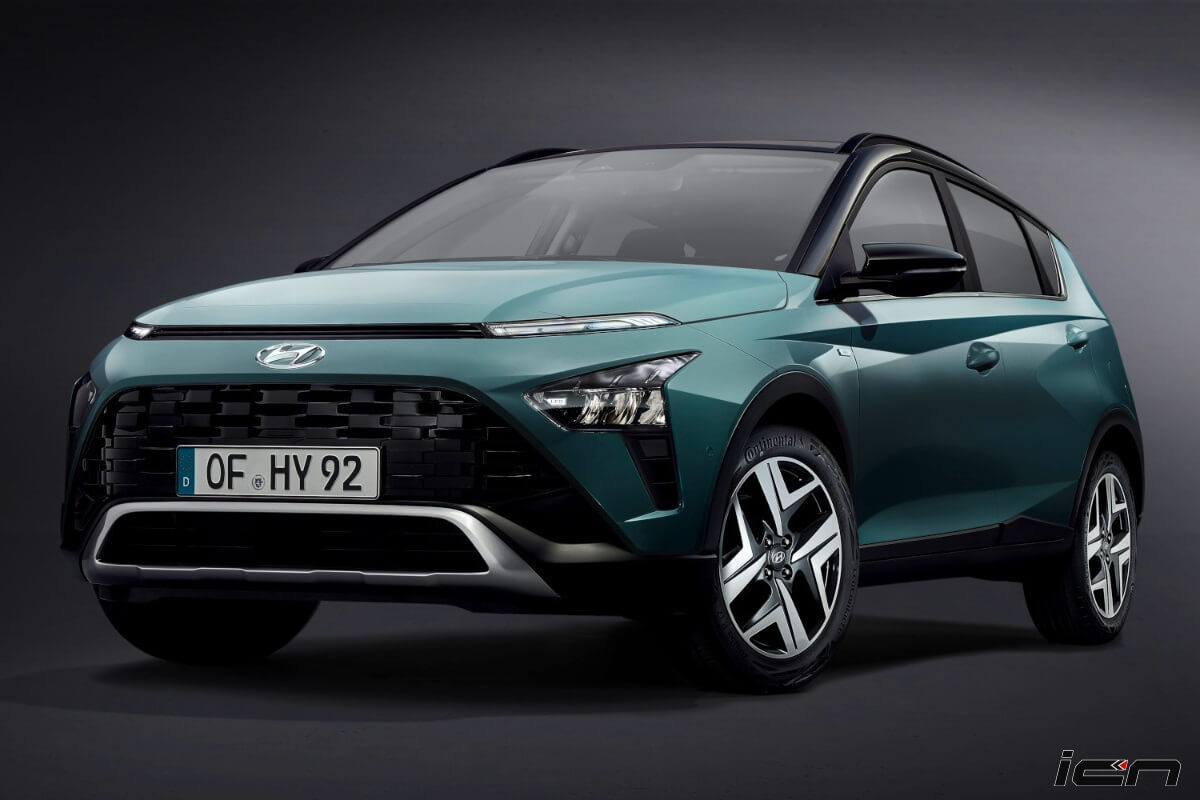Hyundai Motor India has an aggressive product strategy aimed at further strengthening its market position. This year, the South Korean automaker introduced its IPO (Initial Public Offering) and listed on the Indian stock market. The carmaker revealed plans to increase investments, expand its R&D capabilities, and localize the EV supply network for battery cells, battery systems, and drive systems. Hyundai will also launch multiple new models across segments, including three all-new compact SUVs. Let’s delve into the key details of the upcoming Hyundai compact SUVs.
- Hyundai will focus on expanding its EV product portfolio.
- The new-gen Venue will come with significant changes.
- The Inster-based EV will be introduced as the Fronx rival in 2026.
- The Bayon is likely to share its engines with the i20.
Upcoming Hyundai Compact SUVs In India
New-Gen Hyundai Venue

Codenamed QU2i, the new-generation Hyundai Venue subcompact SUV is expected to arrive in the second half of 2025. Spy images and videos have already revealed a handful of details about the upcoming model. With the generational shift, the Venue will undergo comprehensive changes inside and out, inspired by the Creta and Alcazar SUVs. The split headlamp setup will be borrowed from the Creta. It will also feature a taller front bumper, a newly-designed and wider grille, horizontally placed taillamps connected by a light bar, and an upright tailgate. The Level 1 ADAS suite might be upgraded to Level 2, offering more advanced safety features. The 2025 Hyundai Venue could also come with a panoramic sunroof, along with new upholstery, a redesigned steering wheel, updated switchgear, and a revised dashboard. No changes are expected under the hood.
Hyundai Inster EV

The South Korean automaker has also planned an Inster-based electric compact SUV. Codenamed HE1, the upcoming EV is reported to hit Indian roads in the second half of 2026. It will be Hyundai’s answer to the Tata Punch EV. The Hyundai Inster is a globally sold entry-level electric car offered with two powertrain options: a 97bhp Standard model with a 42kWh battery and a 115bhp Long-Range model with a 49kWh battery. The Standard version is claimed to offer a range of 300 km, while the Long-Range variant promises 355 km on a single charge. Both setups deliver a torque of 147Nm. In India, the Inster-based EV is likely to come with smaller and larger battery packs. On the features front, it’s expected to offer a 10.25-inch infotainment system, a 10.25-inch digital instrument cluster, a 360-degree camera with blind-spot monitoring, ADAS technology, and more.
Hyundai Bayon

The Hyundai Bayon is one of the most anticipated upcoming Hyundai compact SUVs, having recently made its global debut. While there is no official word on its India launch timeline, the model is expected to debut in the 2026–2027 financial year. In the company’s product lineup, it will be positioned alongside the Venue and below the Creta. With an estimated price range of ₹10 lakh – ₹15 lakh, the Bayon will compete with the Maruti Suzuki Fronx and other sub-4-meter SUVs. Essentially a crossover based on the i20 hatchback, it shares several design elements and features with its donor model. Globally, the Hyundai Bayon is available with a 1.0L turbo petrol engine in two states of tune. The India-specific version is expected to share powertrains with the i20 and Venue.







